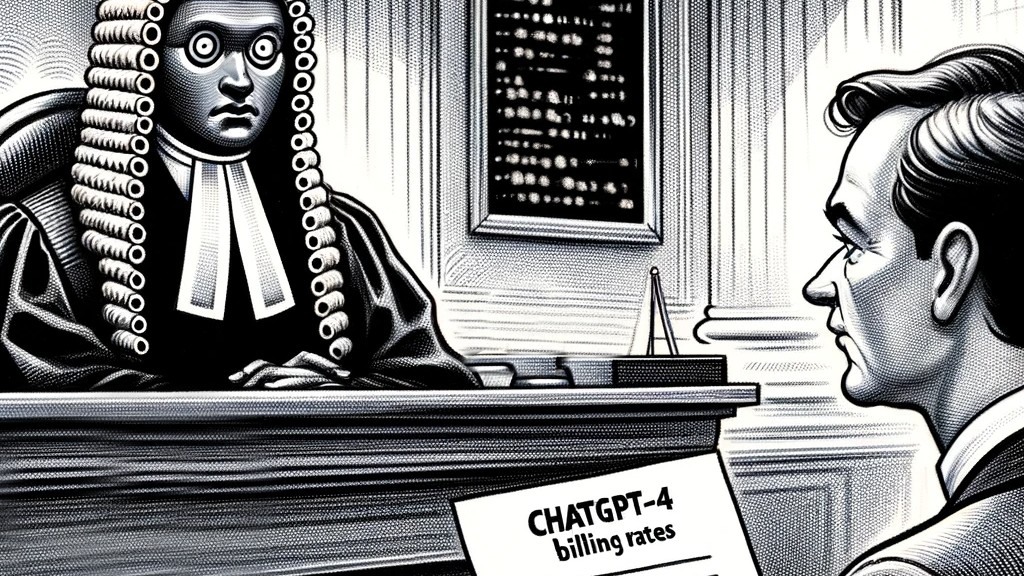ChatGPT was “utterly and unusually unpersuasive” in case involving recovery of attorney’s fees
internetcases » cases 2024-02-23

In a recent federal case in New York under the Individuals with Disabilities Act, plaintiff prevailed on her claims and sought an award of attorney’s fees under the statute. Though the court ended up awarding plaintiff’s attorneys some of their requested fees, the court lambasted counsel in the process for using information obtained from ChatGPT to support the claim of the attorneys’ hourly rates.
Plaintiff’s firm used ChatGPT-4 as a “cross-check” against other sources in confirming what should be a reasonably hourly rate for the attorneys on the case. The court found this reliance on ChatGPT-4 to be “utterly and unusually unpersuasive” for determining reasonable billing rates for legal services. The court criticized the firm’s use of ChatGPT-4 for not adequately considering the complexity and specificity required in legal billing, especially given the tool’s inability to discern between real and fictitious legal citations, as demonstrated in recent past cases within the Second Circuit.
In Mata v. Avianca, Inc., 2023 WL 4114965 (S.D.N.Y. June 22, 2023) the district court judge sanctioned lawyers for submitting fictitious judicial opinions generated by ChatGPT, and in Park v. Kim, — F.4th —, 2024 WL 332478 (2d Cir. January 30, 2024) an attorney was referred to the Circuit’s Grievance Panel for citing non-existent authority from ChatGPT in a brief. These examples highlighted the tool’s limitations in legal contexts, particularly its inability to differentiate between real and fabricated legal citations, raising concerns about its reliability and appropriateness for legal tasks.
J.G. v. New York City Dept. of Education, 2024 WL 728626 (February 22, 2024)
See also: